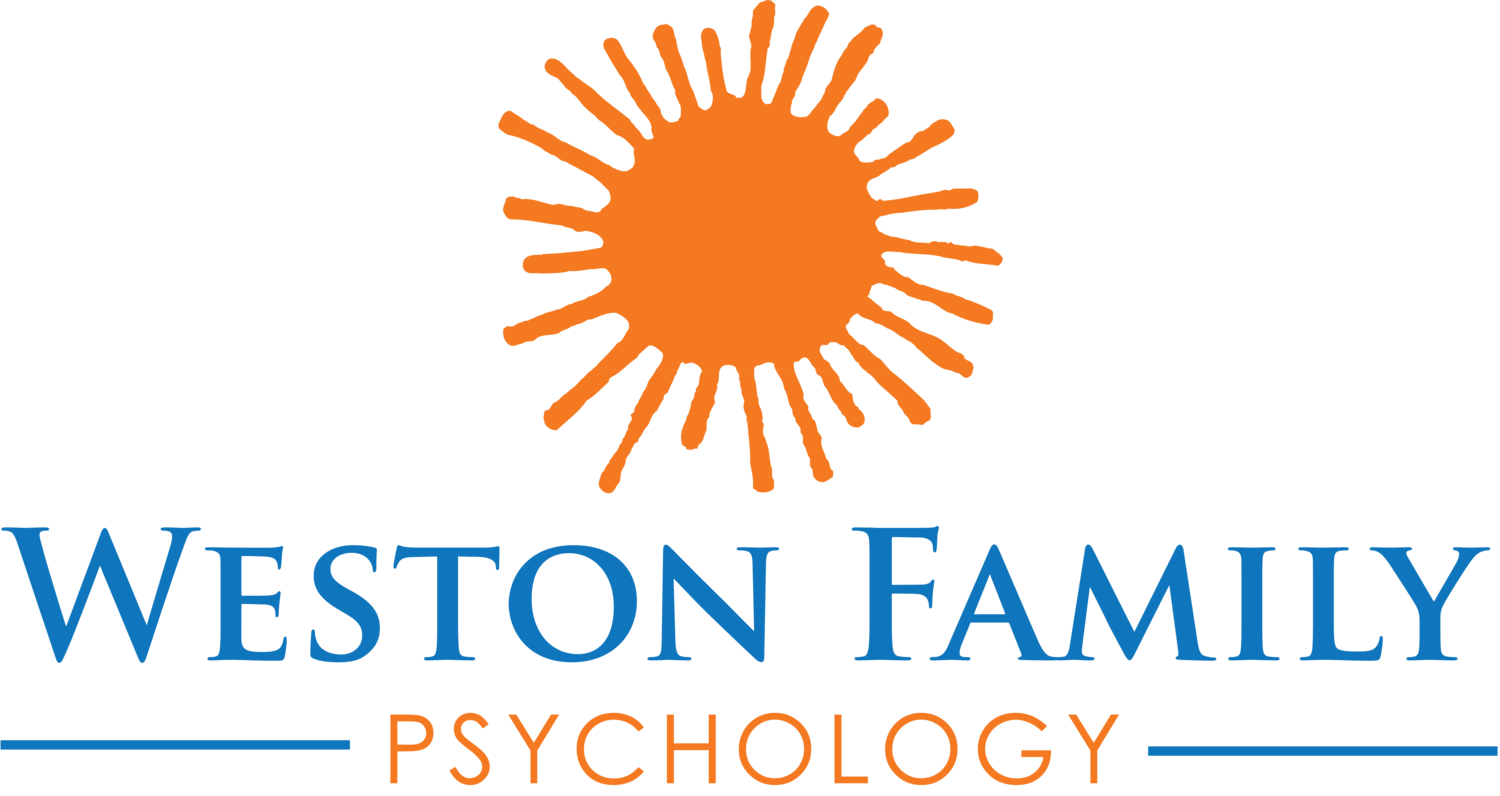If you have a child or teenager who has been diagnosed with ADHD, identifying the best treatment options may have been (and still is) difficult.
Perhaps you’ve seen several different doctors and worked with various therapists over the years. Or maybe you’ve tried a handful of medications with dosage adjustments.
No matter where you are in your journey to help your child manage their ADHD symptoms, however, mindfulness can be an important element to add. It is free, relatively easy, and does not involve additional medications.
What Is Mindfulness?
Chances are good that you’ve probably heard at least a little bit about the concept of mindfulness. Awareness of it has grown in the last decade because of its efficacy in helping with a wide range of both mental and physical health issues.
Mindfulness, essentially, is the process of learning to slow down and pay attention to what is happening within your body and your world. The focus is on the immediate present—what is happening right here and right now.
How Mindfulness Works
It may sound counterintuitive to expect someone with ADHD to be able to slow down and focus intensely, but it’s not. The human brain is a remarkable thing. It possesses something called neuroplasticity, which means that the brain can change and grow. New neural pathways can be created through practice, leading to improvements in behavior, mood, and health.
One important aspect of mindfulness is that it gives the brain permission to switch off the “monkey mind.” In our busy, overscheduled, and overstimulated world, even children and teens end up with too much on their minds. Trying to keep things organized and plan ahead for the next activity, no matter what it is, can be draining.
Mindfulness meditation switches off this part of the brain. When someone is encouraged to focus only on what is happening in the moment, their brain can slow down and stop the frantic thoughts racing around.
What can it do for your child?
Researchers have found that mindfulness meditation can improve executive functioning skills such as self-control, working memory, and cognitive flexibility in children and teens with ADHD. Mindfulness helps create an interconnected set of cognitive skills, meaning its usefulness isn’t limited to only one area of the brain.
Moreover, this practice helps relieve stress and improve focus, both of which are of great importance for anyone with ADHD.
How to Practice Mindfulness
The beautiful thing about mindfulness practices is that they aren’t overly complicated or involved. All you need is a little bit of time. And many mindfulness exercises can be completed no matter where you are or what you’re doing. The goal is to step into the immediate present.
Here are some ways your children can do this (consider trying it with them!):
Five Senses
It can be easy to forget that we exist within a physical body when we spend a lot of time on screens and in temperature-regulated environments.
Encourage your child to practice mindfulness by paying attention to the things they can see, hear, feel, smell, and taste in the present moment. Have them list these out loud and really notice them.
Breathing
Paying attention to the breath is another popular mindfulness exercise. Again, in our busy world, we tend to run around disconnected from what our body is experiencing.
Even young children, though, benefit by sitting or lying down to focus on their breath. They can discover how much more relaxed they feel by breathing slowly and deeply.
Nature Walk
Walking is another easy way to tap into mindfulness. While it can be done anywhere, it can be particularly powerful when done outdoors.
Have your child focus on their steps and their breath while walking. Help them notice the color of the sky, the feeling of the breeze on their skin, the song of a bird, or the humming of insects.
--
Of course, these are just a few ideas on how to encourage mindfulness in your ADHD child or teen.
If you’d like to learn more about using mindfulness as a treatment for ADHD, please call my office. We are skilled at helping children and adolescents identify their strengths and develop action plans for improvement. And we can also help parents learn skills they can implement with their kids at home.
